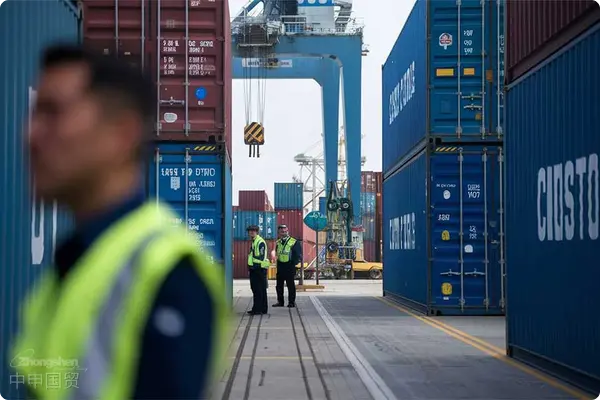- Shanghai Zhongshen International Trade Co., Ltd. - Two decades of trade agency expertise.
- Service Hotline: 139 1787 2118

Export DrawbackRejection reason code inquiry
Export tax rebates allow enterprises to legally reclaim paid taxes, but rejection cases frequently occur in practice. Understanding rejection reason codes and inquiry methods helps enterprises adjust declaration strategies promptly to ensure smooth tax rebate processing.
- Rejection reason code classification: Rejection reason codes are typically categorized into three types: tax issues, documentation issues, and operational issues.
- Inquiry methods: Enterprises can inquire through tax authority websites, electronic tax bureau systems, or by directly consulting tax specialists.
- Common code analysis:
- Code 01: Incomplete or incorrect documentation.
- Code 02: Discrepancy in tax declaration information.
- Code 03: Violation of operational procedures.
foreign tradeDetailed agency service steps
Professional foreign trade agency services can help enterprises efficiently handle complex matters like export tax rebates. Below are detailed steps for foreign trade agency services:
- Demand Analysis: The agency first understands the enterprises specific requirements, including export product types and target markets.
- Contract signing: Both parties clarify service content, fees, and responsibilities before signing a formal contract.
- Document Preparation: The agency assists the enterprise in preparingExport Clearancedocuments, invoices, contracts and other necessary paperwork.
- Tax declaration: The agency submits the tax rebate application to tax authorities and tracks approval progress.
- Issue Handling: If rejections occur, the agency provides solutions and assists with re-declaration.
- After-sales service: Including tax consultation, market analysis, etc. to help enterprises optimize export strategies.
Through these steps, enterprises can not only complete export tax rebate declarations efficiently but also avoid potential risks and enhance international trade competitiveness with professional agency support.
Related Recommendations
? 2025. All Rights Reserved. Shanghai ICP No. 2023007705-2  PSB Record: Shanghai No.31011502009912
PSB Record: Shanghai No.31011502009912










